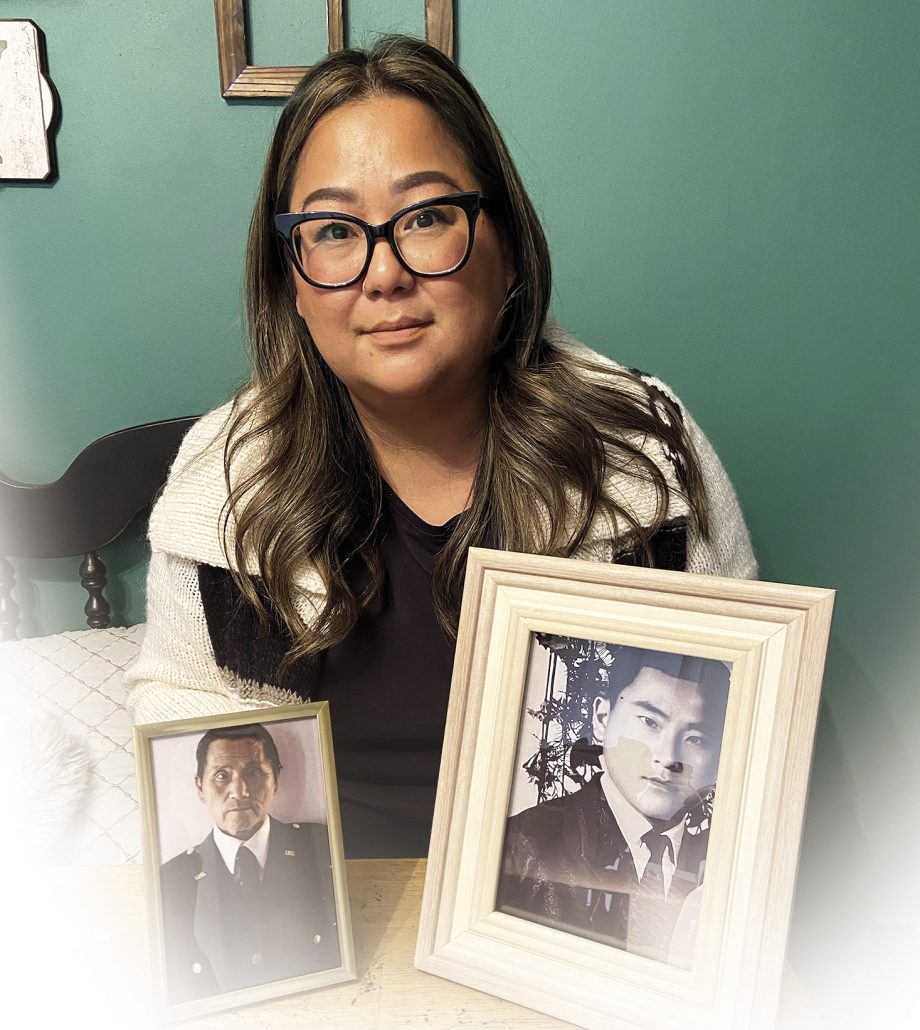
Yer Hang was only 14 when he became a member of the Laos Army National Guard, and his efforts during Vietnam epitomized his love for America
By Per Peterson
If you’re a 14-year-old boy in the United States in 2021, the future is in front of you — a future filled with making high school memories and planning on what you want to do when you grow up. You hang out with friends, take part in extra-curricular activities and go on family vacations.
If you’re a 14-year-old boy in Laos in the 1960s living amidst a civil war, you fight for your country — and for others.
Such was the lot in life for Yer Hang, who at the innocent age of 14 became part of the Laos Army National Guard, helping to protect the border between Laos and Vietnam.
“He didn’t have any youth, he just had responsibilities,” said John Coulter, a retired Tracy Area High School history teacher, who often invited Hang to speak to his history classes. “He was severely wounded at 16 — they didn’t think he was going to live. He lost a lot of blood.”
As Veterans Day nears, Coulter carries a heavy heart after learning of the death of his good and well-respected friend on Oct. 15.
“I have no idea about combat, none — when somebody’s shooting at you, trying to kill you — and he dealt with that since he was 14,” Coulter said. “His family should be so proud of him; I know I am proud to have been his friend. It’s staggering to think what he was doing when he was 14.”
Hang, known by most as Jerry, was born in 1947 in Bang Nonghate Xie Khoung, Laos, to Vang Sue Hang and Yang Zan. He graduated after four years of education in Laos and finished high school there. After being called to serve, he was a foot soldier and later an officer in the Secret Hmong Army recruited by the CIA in the 1960s to help America’s war efforts in Southeast Asia. Hang’s duties centered around ambushing and destroying the flow of weapons coming from North Vietnam, down the Ho Chi Minh Trail into South Vietnam.
A student of history, Coulter said he can understand why the CIA enlisted the Hmong during Vietnam, particularly when it came to disrupting the movement of weapons into South Vietnam.
“These were weapons that were to be used to kill Americans,” he said. “And Yer told me, it was brutal in the jungle. You would just sit there on the Ho Chi Minh Trail, kind of in a quiet mode all the time. War is hell and Yer saw his share. They were tough people and they hated the Communists, so the CIA asked them to help them with rescuing downed pilots and stopping the weapons.”
See this week’s Headlight Herald for more on this article.
